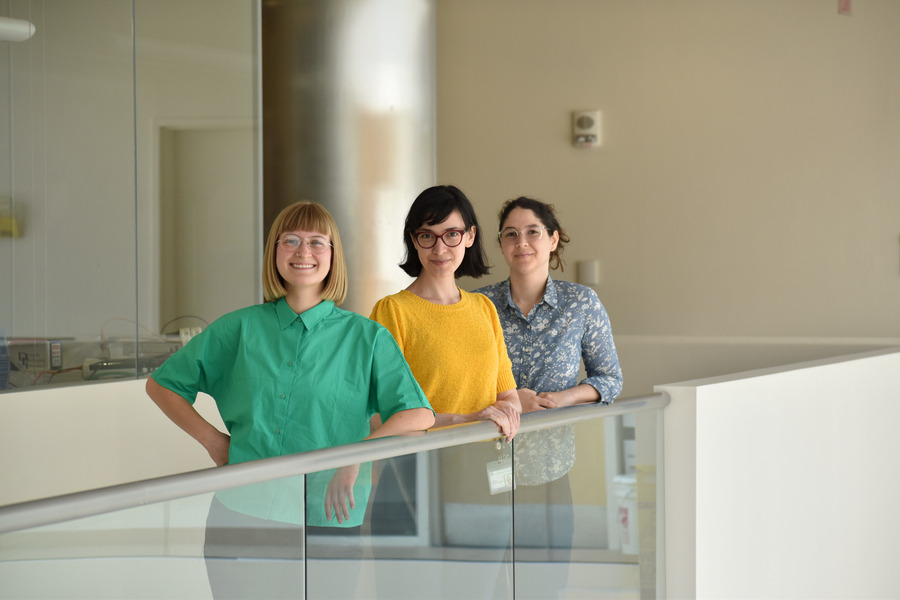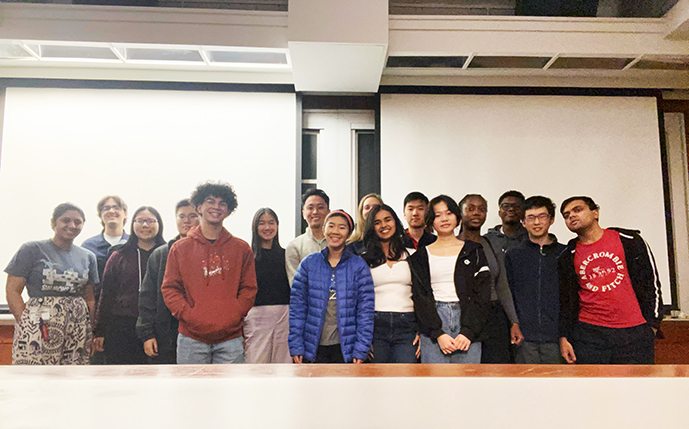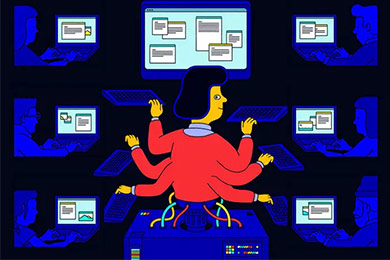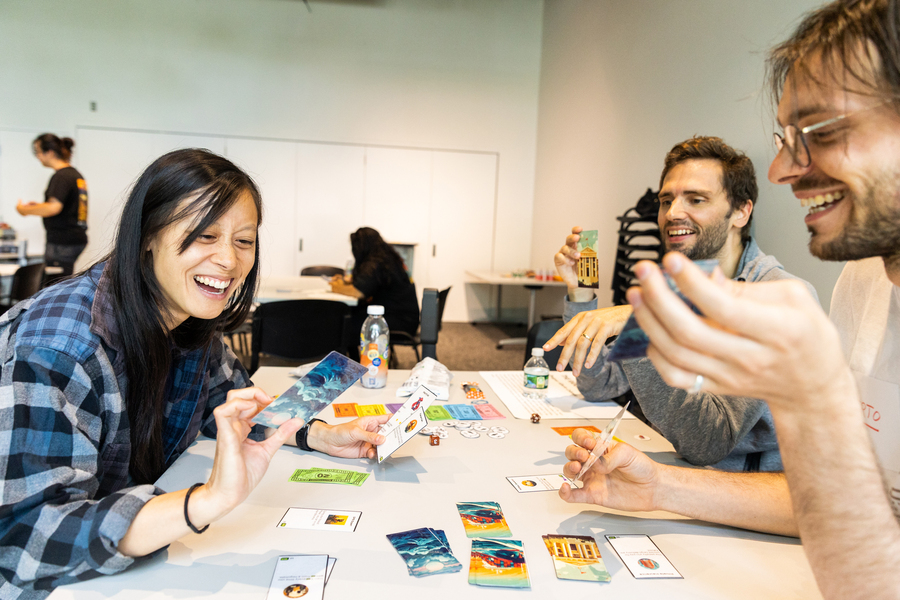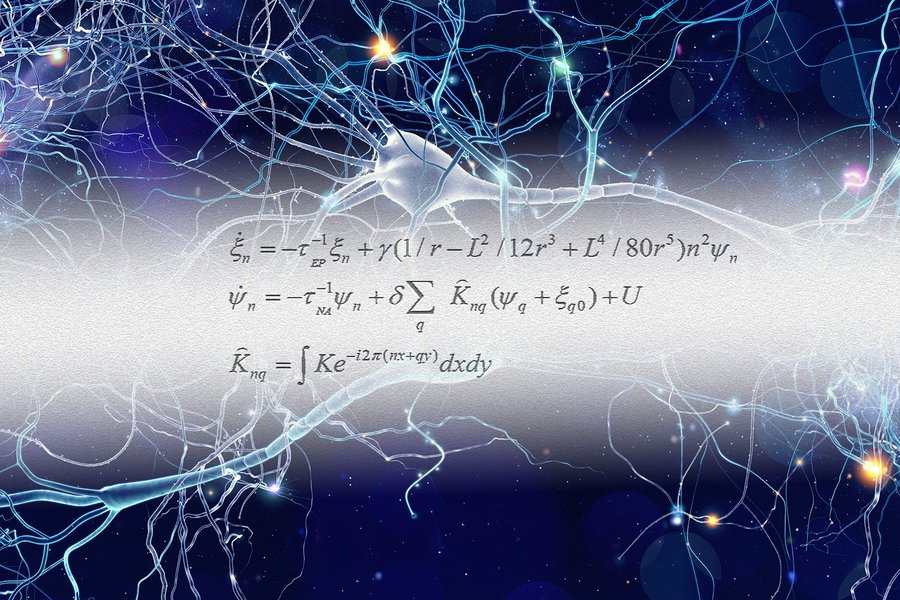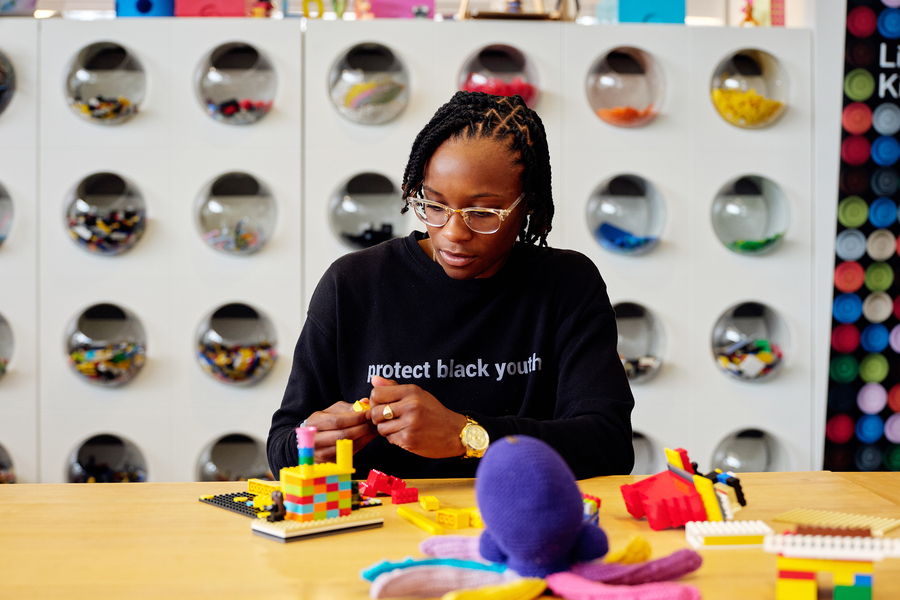Behind prison walls, a unique initiative is reshaping the lives of inmates through coding education. MIT's 'Brave Behind Bars' program empowers incarcerated individuals, equipping them with coding and digital literacy skills.
News
Three graduate students forged a path to the same Picower Institute lab through participating in the MIT Summer Research Program in Biology and Neuroscience. Read more
Each semester, students help Boston-area organizations with technical needs — pro bono. The work varies from project to project but often involves website and blog creation, software support, app development, and data analysis and visualization. Read more
Researchers at the MIT Language Acquisition Lab are using funds from the 2022 Levitan Prize in the Humanities to carry out a set of studies investigating children's acquisition of "expletives" or “dummy words” — words that don't seem to have any meaning.
For most instructors, a conscious application of the Science of Learning (SoL) can significantly improve student learning in their classes.
“Board games can bring people together around the table and open up a topic, even an uncomfortable one, through their playfulness,” MIT's Doris Qingyi Duanmu notes. Read more
Researchers combined mathematical analysis and experimental measurements to discover evidence that electric fields drive the sharing of information between brain regions to form the networks that store memories. Read more
MIT Professor Ben Schneider honored as Committed to Caring for acting as a "bedrock of compassion." Read more
The Boston Globe Editorial Board spotlights The Educational Justice Institute at MIT (TEJI), which offers educational opportunities to incarcerated individuals. “The two worlds of corrections and education really don’t understand each other well,” says Lee Perlman, co-director of TEJI and a lecturer at MIT.
“The activities that I’ve been doing with the young people have been centered around this idea of dreaming through code,” says MIT's Sadler.

